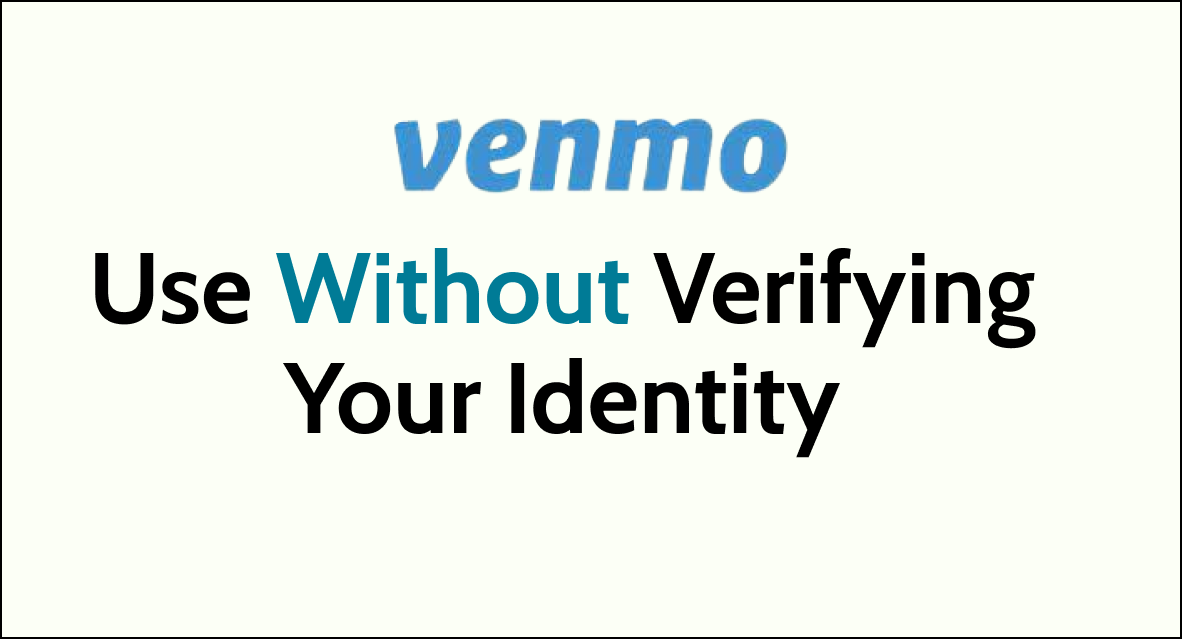In today’s digital age, mobile payment apps have revolutionized the way we handle financial transactions.
Venmo, a popular peer-to-peer payment platform, has gained widespread popularity for its convenience and user-friendly interface.
However, one common question that arises is whether it’s possible to use Venmo without verifying your identity.
In this article, we will delve into this topic, exploring the implications and limitations of using Venmo without completing the identity verification process.
can You use venmo without verifying your identity?
According to Venmo’s help centre, users can continue to use Venmo without verifying their identity, but they will not be able to access a Venmo balance.
A Venmo balance refers to funds received through payments that are held in the user’s Venmo account, rather than instantly transferring to a linked bank account.
However, if a user wants to use the money they’ve received to make payments or send and transfer greater amounts of money on Venmo, they will need to verify their identity.
Without identity verification, users are limited in how much they can transact on the platform at once.
Venmo is required by federal law to collect certain information from all its users who have access to a balance.
As a financial services company, Venmo must comply with know-your-customer and anti-money laundering regulations.

Maintaining verified user identities is an important part of that.
If a user attempts to send $300 or more in one week, Venmo may ask to verify their identity.
This is to comply with transaction reporting thresholds under financial regulations. By verifying, users can avoid potential sending limits tied to their unverified status.
is it safe to verify my identity on Venmo?
Venmo is mandated by federal law to gather specific details from all users with access to a balance and is obligated to enforce a Customer Identification Program for verifying the identities of individuals conducting transactions.
This process aids financial institutions in adhering to know-your-customer and anti-money laundering regulations.
To undergo identity verification on Venmo, individuals must furnish personal details such as their legal name, address, date of birth, and either a Social Security Number or Tax Identification Number.
In cases where identity verification is not successful, Venmo may request additional information, such as a US passport or driver’s license.
Completing the verification process within the Venmo app is crucial for ensuring compliance with legal mandates and maintaining user security.
However, it is essential to acknowledge the potential risks associated with sharing personal information online, particularly sensitive data like social security numbers.
Users should exercise caution to mitigate the potential for data breaches when providing such detailed identification.
Failure to comply with identity verification requirements may result in the inability to use the Venmo balance for retaining and sending received funds within the app. Additionally, it can lead to transaction limits being imposed, as previously discussed.
